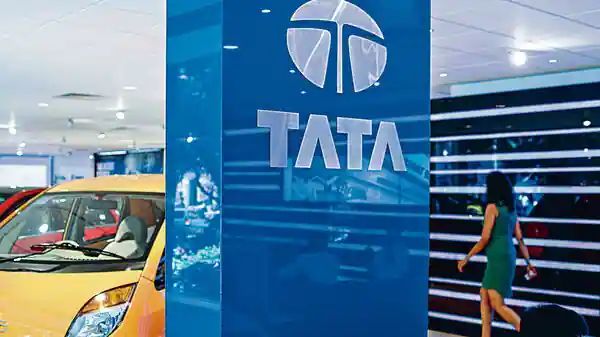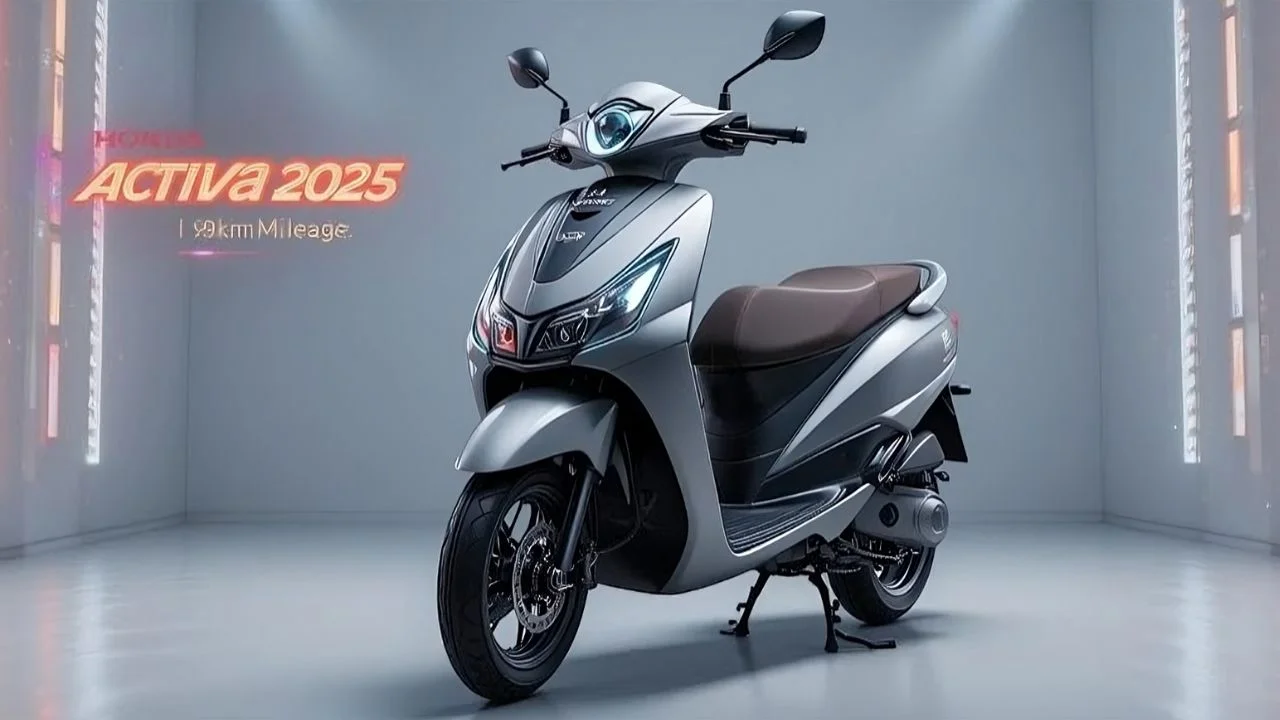Tata Motors Demerger Effective Tomorrow: Key Dates and Shareholder Implications
The highly anticipated demerger of Tata Motors’ passenger and commercial vehicle businesses is set to become effective on Wednesday, October 1, following approvals from the National Company Law Tribunal (NCLT). Ahead of this major corporate action, Tata Motors shares closed 1.5 percent higher at ₹682.55 on the NSE on Tuesday.
This strategic move, initially approved by the board last August, aims to unlock value, enhance strategic focus, and improve agility for both divisions, which operate in fundamentally different markets.
The Two New Listed Entities
The demerger will create two distinct, publicly traded companies, each with a sharper focus on its respective market:
- Commercial Vehicles (CV) Entity: This entity will house the entire commercial vehicles business, along with its related investments. Initially named TML Commercial Vehicles Ltd (TMLCV), it is expected to be renamed Tata Motors Limited (TML) upon listing.
- Passenger Vehicles (PV) Entity: This entity will retain the passenger vehicles business, including the fast-growing Electric Vehicle (EV) segment, the global premium luxury arm Jaguar Land Rover (JLR), and all related investments. The existing listed company, Tata Motors, will be renamed Tata Motors Passenger Vehicles Ltd (TMPVL).
Crucial Dates and Share Entitlement
For existing shareholders, the demerger is set to proceed with a simple, one-for-one share swap:
- Share Entitlement Ratio: Shareholders will receive one fully paid-up equity share of the new commercial vehicles entity for every one share they currently hold in Tata Motors.
- Record Date: While the demerger is effective from October 1, the Record Date—which determines the eligibility of shareholders to receive shares in the new CV entity—is tentatively expected to be announced in mid-October.
- Listing Timeline: The commercial vehicles unit (TMLCV) is expected to be listed separately on the stock exchanges in November, following the completion of all statutory formalities.
Following the Record Date, the existing Tata Motors shares will trade “ex-CV,” and shareholders will automatically receive the new shares in their demat accounts once the listing is complete.
Analyst Viewpoint and Future Outlook
While the market generally views the demerger as a positive step for long-term value creation, not all brokerages share the same optimism about the near-term outlook for the company’s segments.
Brokerage firm Jefferies, in a recent note, maintained its ‘Underperform’ rating on the stock with a price target of ₹575. Jefferies expressed positivity regarding India’s domestic passenger vehicle demand but highlighted potential challenges for the JLR business, citing increased competition, rising costs, and the complexity of the Battery Electric Vehicle (BEV) transition. The firm also conveyed less certainty about sustained margin improvements in the passenger vehicle segment and the strategic benefit of the company’s recent Iveco acquisition.
The demerger will allow both the CV business and the PV-JLR combination to pursue independent strategies and capital allocation, giving investors focused exposure to two distinct growth stories in the auto sector.




